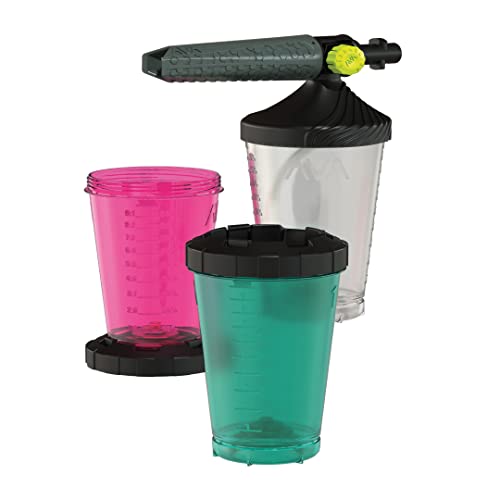

In my experience, an operator in the cleaning equipment sector can see earnings ranging from £15 to £35 depending on various factors such as location, experience, and job complexity. Advanced models or specialised services can command higher rates, potentially exceeding £50 per hour for niche tasks.
Specific regions may offer better compensation due to demand. For instance, urban settings typically provide more opportunities, allowing operators to increase their client base and therefore their earning potential. Customer satisfaction plays a vital role in securing repeat business and referrals, crucial for sustained income.
Moreover, investing in high-quality tools can lead to increased efficiency and higher-paying contracts. Offering additional services, such as eco-friendly solutions, can attract a broader clientele and command premium pricing. Understanding your market and tailoring your skills will ultimately reflect in your financial returns.
Factors Influencing Hourly Earnings of Pressure Washers
The type of projects undertaken significantly impacts earnings. Commercial contracts typically yield higher returns compared to residential jobs due to scale and duration. Emphasising services such as fleet washing or industrial cleaning can lead to more substantial financial rewards.
Experience and skill level greatly affect compensation. A seasoned operator with specialised techniques and knowledge can command premium rates. Investing time in training and certifications will boost credibility, allowing for higher pricing structures.
The region plays a crucial role in setting price standards. Urban areas often provide greater opportunities and higher demand, thus leading to increased income potential. Researching local market rates enables effective pricing strategies that align with customer expectations.
Equipment quality is another decisive factor. High-performance units with advanced features can enhance productivity and reduce operational time, contributing to improved financial outcomes. Regular maintenance ensures reliability, preventing downtime that can adversely affect earnings.
Seasonal demand fluctuations also influence financial gain. Understanding peak times, such as spring cleaning or pre-winter preparations, enables strategic scheduling to maximise workload and revenue. Seasonal promotions could attract more clients during quieter months.
Lastly, marketing efforts directly correlate with success. A well-crafted online presence, positive customer testimonials, and engaging social media strategies can attract clients, leading to increased job flow and enhanced compensation possibilities.
Average Payment Rates for Pressure Washing Services
Current rates for cleaning services typically range from £35 to £100 per hour. This can vary widely, depending on several factors.
Typical Charges
- Residential driveways: £30 to £60 for standard-sized areas.
- Decking and patios: approximate £45 to £90 based on size and material.
- Commercial properties: generally start at £60 per hour and may exceed £100 for larger sites.
- Specialised services, such as graffiti removal, can command £2 to £5 per square foot.
Factors Affecting Rates
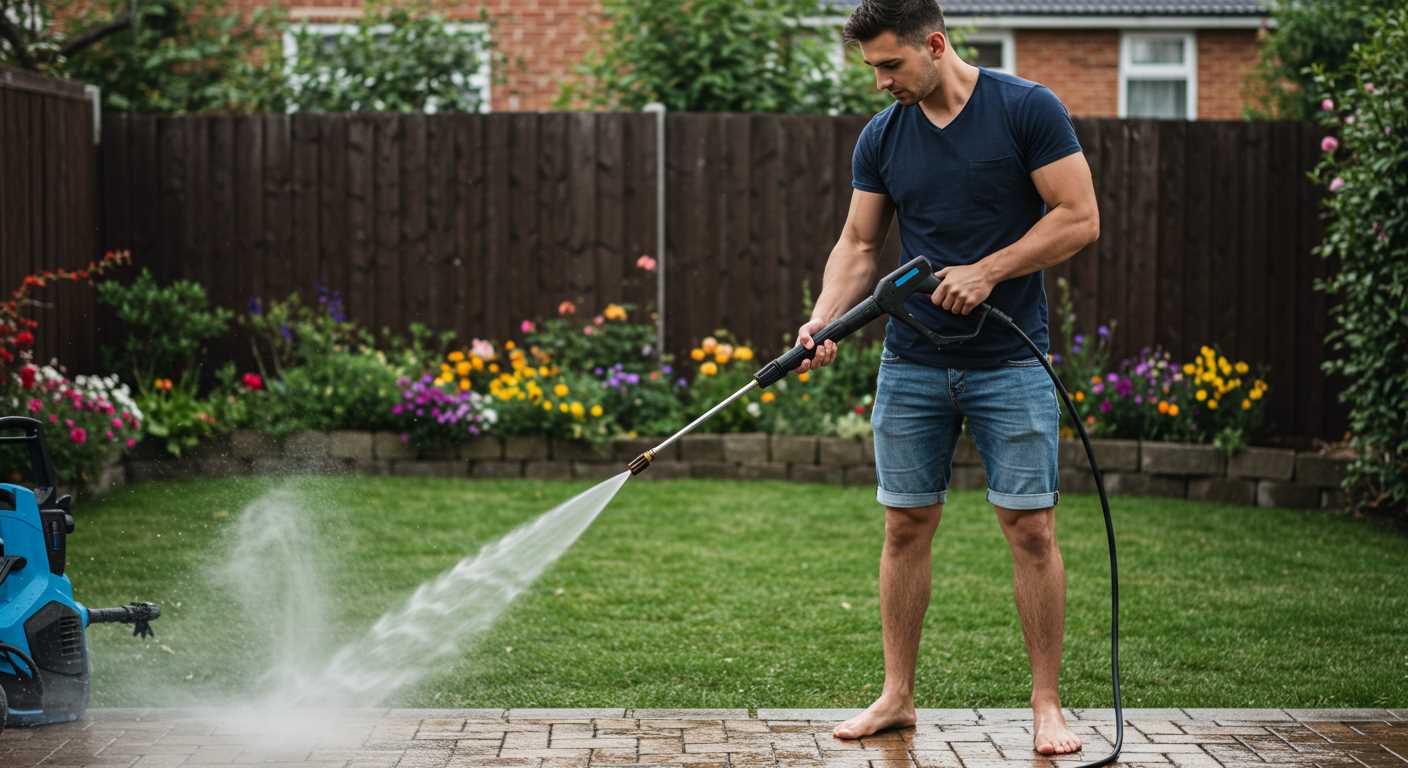
Key elements influencing pricing include:
- Location: urban areas tend to have higher rates than rural regions.
- Size of the job: larger projects often lead to bulk pricing.
- Equipment quality: utilising advanced machines may increase service value.
- Complexity: intricate jobs require more time and expertise, affecting pricing.
Understanding these payment structures equips technicians with the knowledge to negotiate effectively and set competitive rates.
Comparison of Earnings for Different Pressure Washing Jobs
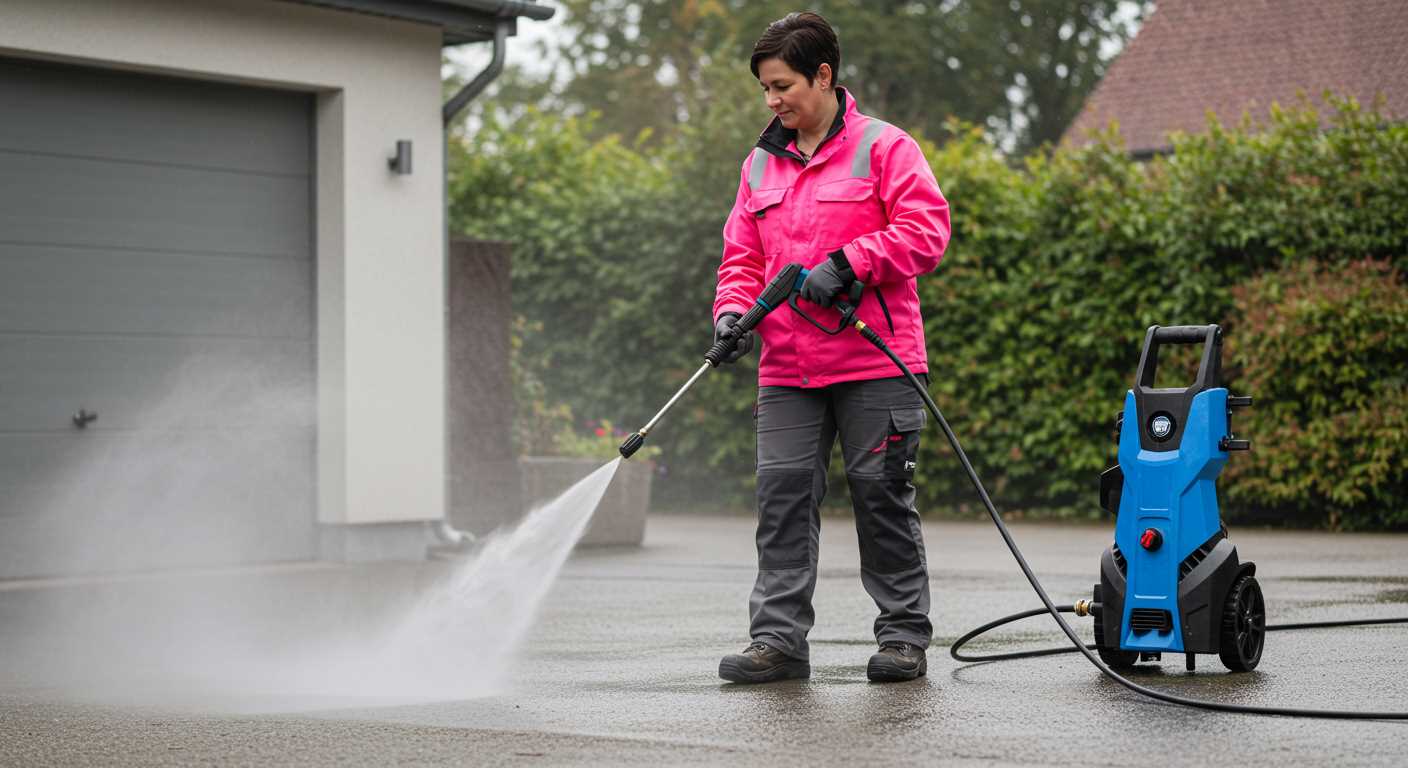
For those in the cleaning industry, the financial returns can significantly vary across specific tasks. Residential services typically yield between £40 to £80 for driveways and patios, depending on size and condition. Commercial projects, such as fleet washing or industrial cleaning, often command higher rates, starting around £100 and reaching upwards of £300 per session, reflecting the complexity and required equipment.
Residential vs. Commercial Rates
.jpg)
Within residential settings, customers may pay less for basic jobs, such as cleaning garden furniture, averaging £20 to £50. However, for exterior building washing, fees can escalate to £150 or more, particularly if two or more stories are involved. Customers appreciate clear quotes before services commence.
On another front, businesses frequently establish contracts that ensure a steady income stream. A restaurant’s exterior façade cleaning can generate £150 to £400 per visit, depending on location and accessibility.
Specialty Services
Unique offerings, like graffiti removal, attract premiums ranging from £200 to £600, contingent upon the severity and methods required. Roof cleaning often fits into a similar bracket, with prices from £250 to over £500. These specialised tasks require additional skills and equipment, justifying higher fees.
The calibre of work, the sustained client relationships, and the portfolio of previous jobs play substantial roles in determining earning potential. Investing in consistently delivering high-quality results fosters customer loyalty and can lead to referrals, amplifying income prospects in this sector.
Geographic Variations in Pressure Washing Rates
Rates for cleaning services depend significantly on the location. Urban areas often show higher earnings due to increased demand and a higher cost of living. In contrast, rural regions typically offer lower compensation levels.
For example, in metropolitan cities like New York and Los Angeles, hourly rates can reach between £70 and £100. This is attributed to larger customer bases and a greater number of commercial contracts. In comparison, smaller towns might see rates around £40 to £60, influenced by reduced competition and lower demand.
| Location Type | Average Rate (£) |
|---|---|
| Urban (e.g., New York, Los Angeles) | 70 – 100 |
| Suburban (e.g., Chicago, Seattle) | 50 – 80 |
| Rural (e.g., small towns) | 40 – 60 |
In addition, regional factors play a role. Areas with prevalent outdoor activities or tourism may see higher rates, as homeowners seek to maintain their properties for visitors. Seasonal trends also impact earnings; services often peak in spring and summer, leading to potential spikes in compensation.
The variation in wages reflects not just local economies but also the willingness of customers to pay for quality service. Understanding these geographic differences can help in setting competitive yet fair pricing for these services. Knowledge of local market conditions is essential to optimise earnings in this industry.
Tips to Maximise Your Earnings as a Pressure Washer
Establishing a solid pricing strategy can significantly enhance income potential. Research local competitors to align your rates competitively while reflecting the quality of service offered. Adjust prices based on the complexity and size of jobs, ensuring fairness for both parties.
Upsell Additional Services
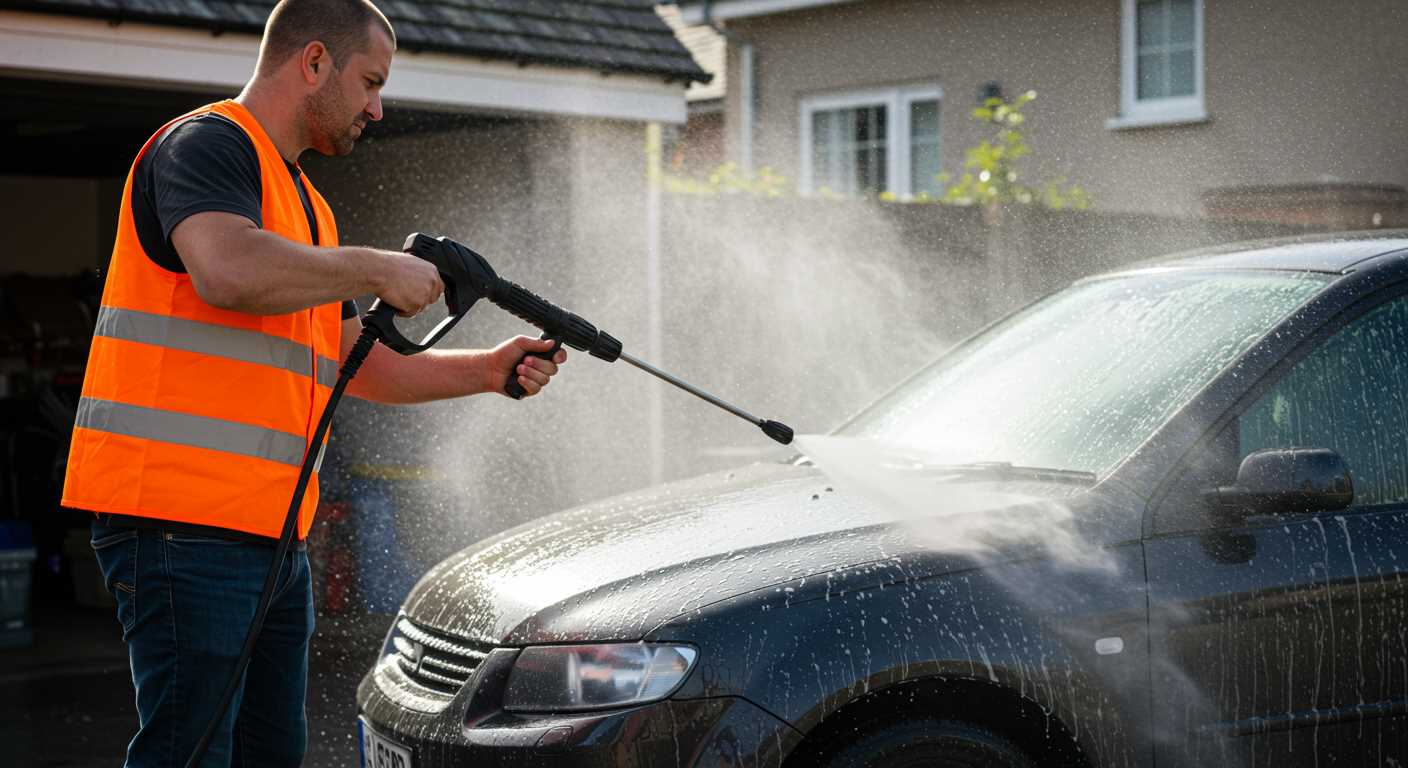
Offer complementary services such as surface sealing or stain removal to increase overall transaction value. Customers appreciate package deals, which can lead to higher satisfaction and repeat business.
Invest in Quality Equipment
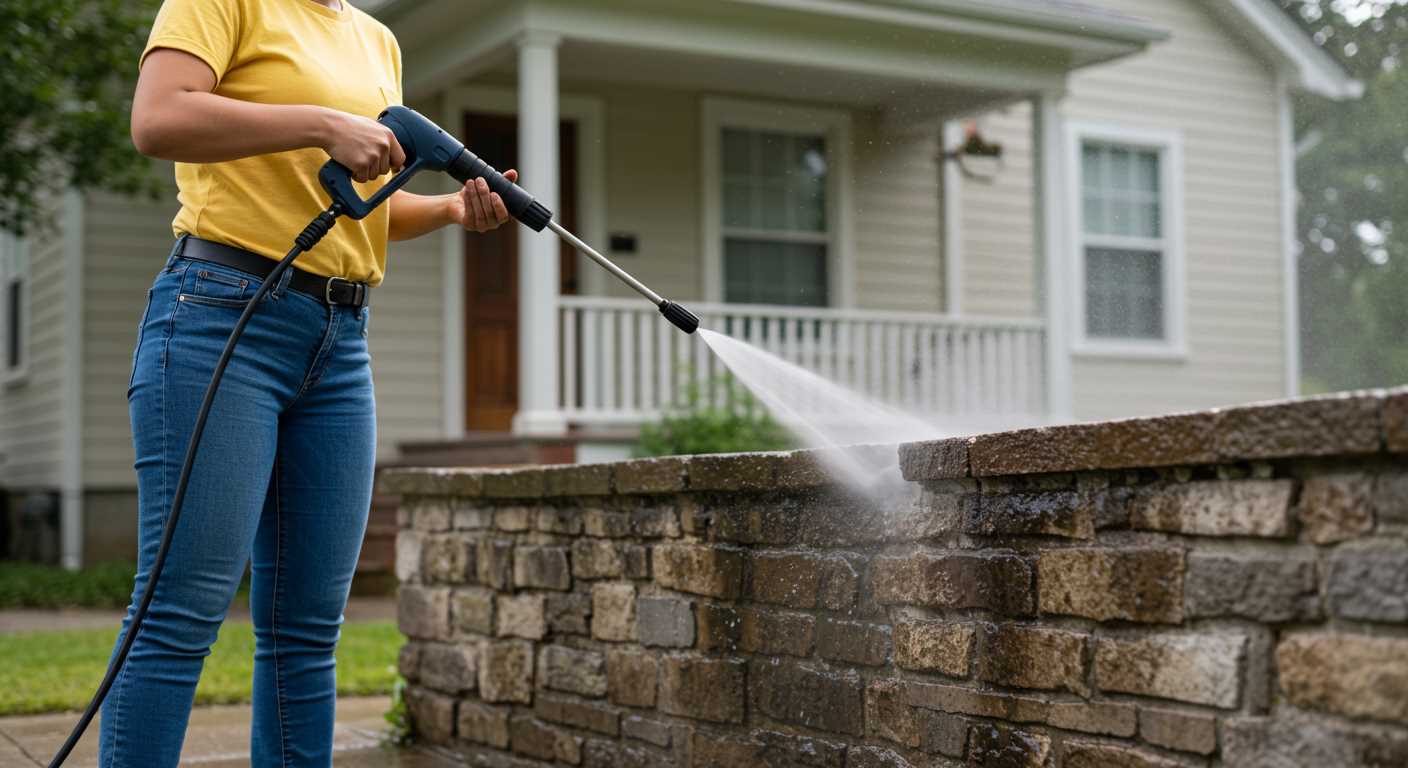
A superior machine enhances efficiency, allowing for quicker completion of tasks. Consider models with varied pressure settings and adaptable nozzles to cater to diverse cleaning needs, enabling you to take on a wider range of projects. Additionally, keeping equipment well-maintained prevents interruptions and costly repairs.
Develop strong customer relationships through excellent communication and follow-up service. Satisfied customers are more likely to refer others and provide repeat business. Utilize online presence strategically by creating a professional website and engaging on social media platforms to attract new clients.
Consider offering seasonal promotions or discounts during slower months to stimulate demand and maintain a consistent workflow. Always seek feedback to improve service delivery and customer satisfaction.
Understanding the Business Expenses that Affect Profits
Managing expenses is vital for maximising revenue in the cleaning service industry. Essential costs include equipment maintenance, fuel, insurance, and marketing. I recommend carefully tracking these outlays to forecast profits accurately.
Equipment maintenance should not be overlooked. Regular servicing of cleaning machines can prevent costly repairs and downtime. Allocate funds for parts and upkeep; a well-maintained unit can boost productivity without unexpected interruptions.
Fuel and Utilities
For mobile operations, fuel costs can accumulate rapidly. Opt for fuel-efficient vehicles and consolidate jobs to optimise travel expenses. Additionally, utility expenses, such as water usage, can impact profitability. Implementing water-saving techniques may yield savings without sacrificing service quality.
Insurance and Marketing
Insurance coverage is non-negotiable for protecting against liability claims. Compare policies to ensure comprehensive coverage at competitive rates. On the marketing front, investing in targeted advertising can attract more clients. Digital marketing, through social media or local listings, usually proves cost-effective for reaching potential customers.



